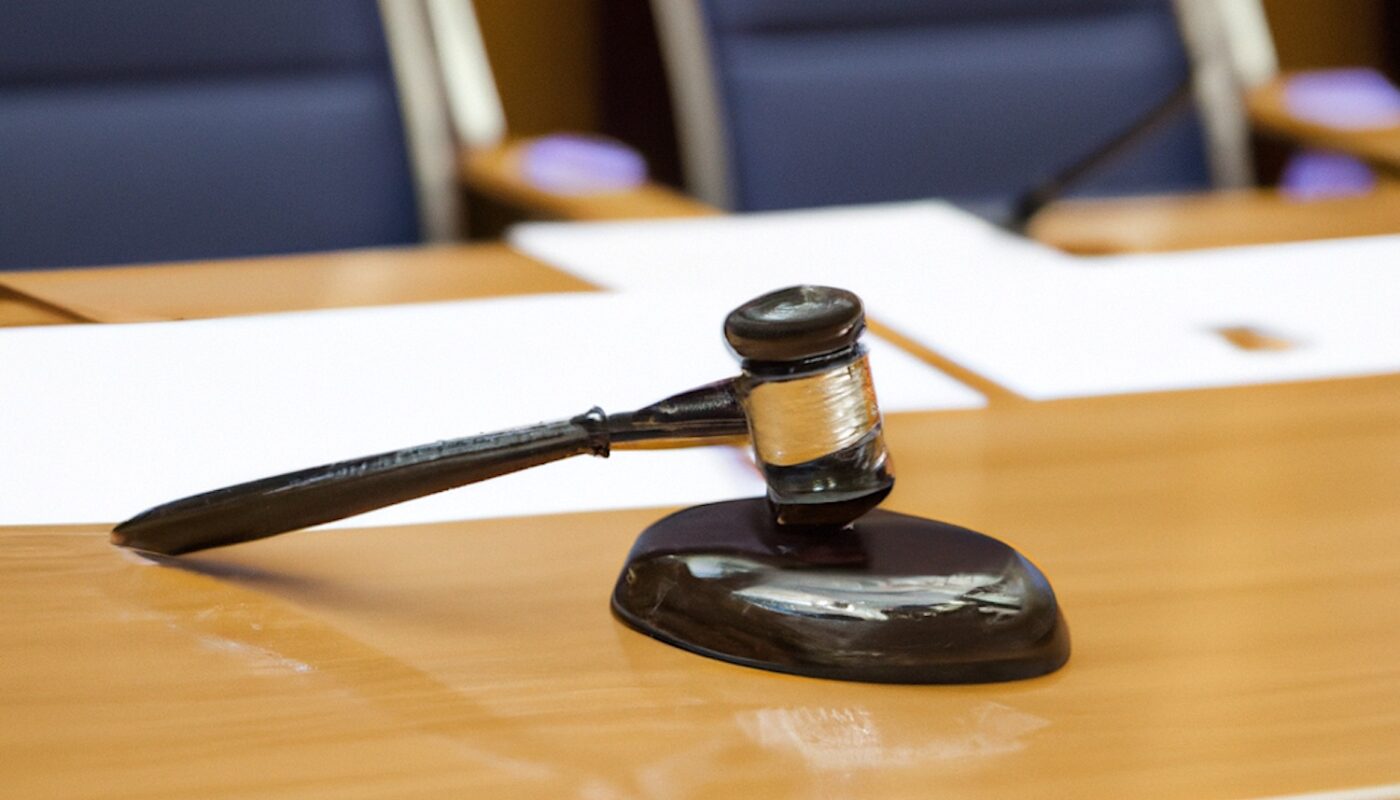Technological advances have revolutionized the world of artificial intelligence, especially with tools such as ChatGPT. This deep learning-based conversation program allows for automated and powerful textual content generation. However, this innovation also raises questions about copyright and intellectual property. In this article, we discuss important copyright issues, including ownership, reproduction, and legal implications for ChatGPT users and creators.
Reminder on copyright
Copyright is a branch of intellectual property law that aims to protect literary, artistic, musical or technical works. It guarantees authors moral and economic rights over their creations, allowing them to control their use, distribution and marketing. These rights include:
- The right to disclose the work (disclosure)
- The right to claim authorship (attribution)
- The right to modify or adapt the work (integrity)
- The right to reproduce the work (reproduction)
- The right to authorize or prohibit the use of the work by others (exploitation)
ChatGPT: original work or simple tool?
Determining whether ChatGPT is considered an original work subject to copyright requires consideration of several elements. First of all, it is important to remember that copyright does not protect ideas as such, but only their concrete and original form. Thus, to benefit from copyright protection, a creation must be identifiable and original.
Originality and expression
Originality is an essential criterion for determining whether a work is eligible for copyright protection. In the case of ChatGPT, the tool generates textual content from a previously analyzed data set. The texts produced are often structured, coherent and relevant, resembling a true literary work.
However, it is important to note that the term “original” does not necessarily mean that the work is innovative or inventive. Rather, it is a matter of demonstrating that the work bears the imprint of its author’s personality, reflecting a creative choice in its conception and execution. As such, one could argue that the content generated by ChatGPT is more the result of an algorithm and a database, rather than a real human intervention.
Ownership and rights
Considering that ChatGPT produces original works, another question arises: who owns the copyright? Is it the user who requests the text generation, or the program designers themselves? The answer to this question is not obvious and may vary according to national legislation.
Some jurisdictions recognize the possibility of attributing copyright to works created by machines or artificial intelligences. In this case, the rights could be transferred to the software developeror to the end user. Other countries, however, require direct human intervention to grant copyright in a work, which may exclude ChatGPT from legal protection.
Implications for users and developers
In light of these legal uncertainties, it is important for ChatGPT users and developers to take precautions to minimize copyright risks.
Caution in the use of generated content
Users should be aware that text produced by ChatGPT may potentially include copyrighted material. By remaining vigilant and checking the content generated, it is possible to reduce the risks of infringement of intellectual property rights.
Copyright policy
The developers of ChatGPT are also responsible for ensuring copyright compliance in their program. This includes ensuring that the data used to train the algorithm is free of protected content, or that the necessary permissions have been obtained from rights holders.
In summary
ChatGPT raises complex copyright and intellectual property issues. The uncertainties surrounding the ownership of rights and the eligibility of works generated by artificial intelligence for legal protection make it crucial for users and developers to be careful. By adopting responsible practices and being attentive to legal developments in this area, it is possible to minimize the risks associated with this innovative technology.





